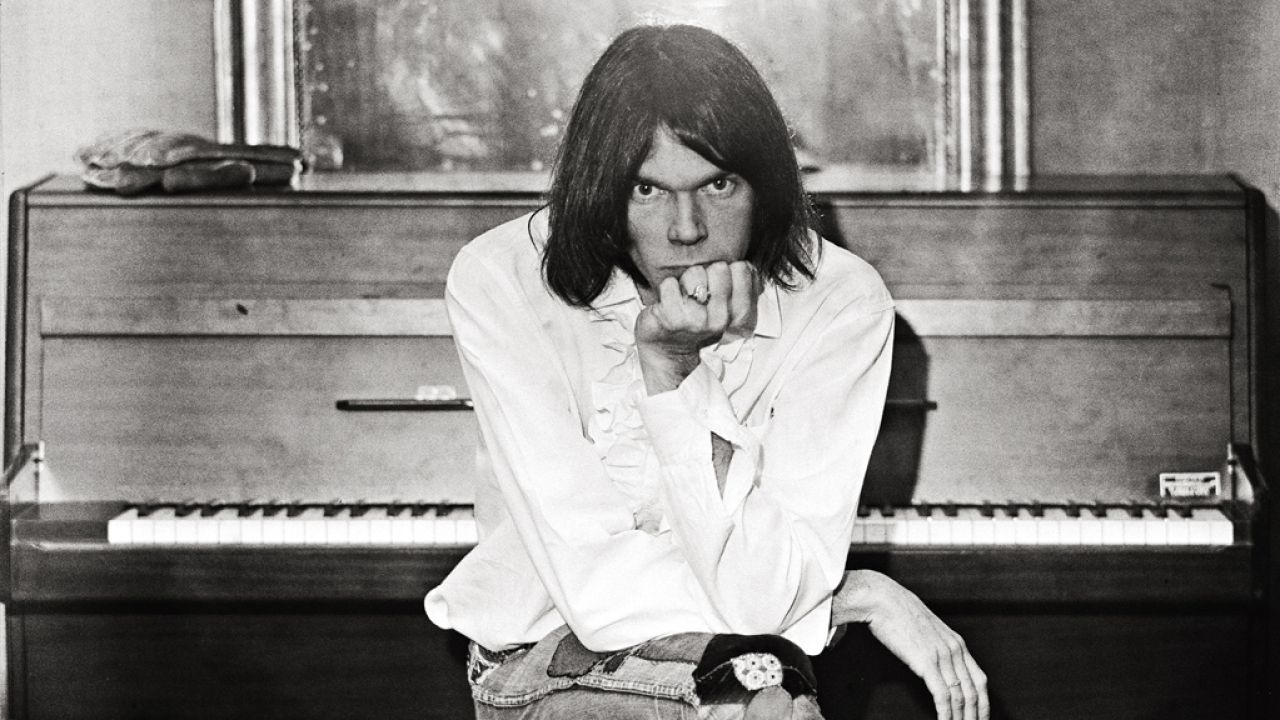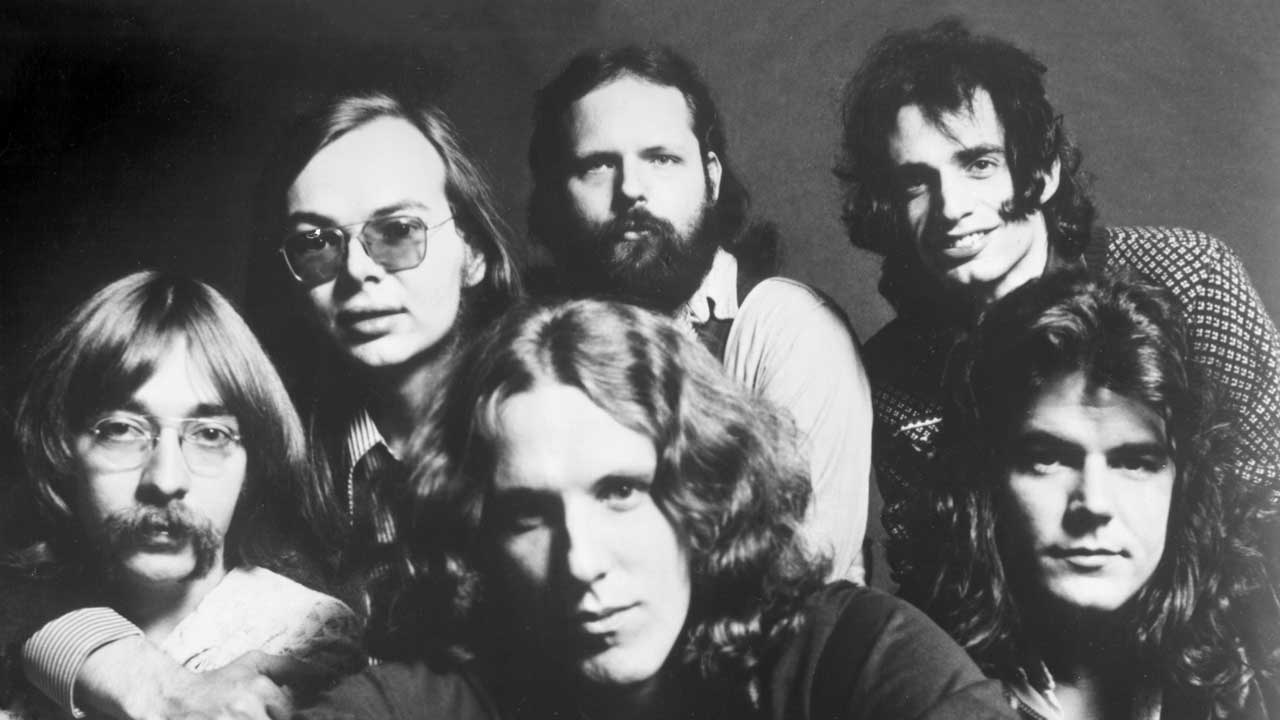Technology: Neil Young
New shoots from folk roots.

Select the newsletters you’d like to receive. Then, add your email to sign up.
You are now subscribed
Your newsletter sign-up was successful
Want to add more newsletters?

Every Friday
Louder
Louder’s weekly newsletter is jam-packed with the team’s personal highlights from the last seven days, including features, breaking news, reviews and tons of juicy exclusives from the world of alternative music.

Every Friday
Classic Rock
The Classic Rock newsletter is an essential read for the discerning rock fan. Every week we bring you the news, reviews and the very best features and interviews from our extensive archive. Written by rock fans for rock fans.

Every Friday
Metal Hammer
For the last four decades Metal Hammer has been the world’s greatest metal magazine. Created by metalheads for metalheads, ‘Hammer takes you behind the scenes, closer to the action, and nearer to the bands that you love the most.

Every Friday
Prog
The Prog newsletter brings you the very best of Prog Magazine and our website, every Friday. We'll deliver you the very latest news from the Prog universe, informative features and archive material from Prog’s impressive vault.
This year’s irony is you released a great, totally lo-fi album, A Letter Home, and at the same time launched a high-resolution, high-tech music service with Pono. Typical Neil Young, no?
I think it’s more just an interesting juxtaposition of the two things. We had an incredible start on Kickstarter for Pono; we raised millions of dollars to get started and now we have interest from other funding sources. And people are really into it.
What accounts for that interest?
It’s of the people and it’s for the people. I think there are a lot of people who remember good-sounding music, even if they’re in the older generation. Some people who are my age, they think they’ve lost their hearing because they listen to music and they can’t hear anything. They don’t realise there’s nothing there, the technology’s so poor. Here we are in the twenty-first century and the music we listen to is probably the worst-sounding audio ever recorded. So it’s about bringing the sound of music back into life again. Technology is supposed to serve us; we’re not supposed to be limited by technology, and the whole music industry is limited by an inferior technology. I believe that Pono has the chance to completely revolutionise it, and it’ll be a world-changing event when people actually hear it. The opportunity for greatness here is unparalleled.
You mention the older audience, but it seems that younger fans are learning to appreciate better sound, via vinyl.
That’s right, and they’re in for a big surprise. When they hear this, they’re gonna be… Well, my daughter just heard this, for instance. She has, like, six thousand songs on her MP3 player, and when she first heard Pono, she just looked at me and she said, “Dad, how come I’ve never heard this?” And I said, “Well, honey, it’s the technology.” We didn’t create anything. We just made available what really already existed.
Sign up below to get the latest from Classic Rock, plus exclusive special offers, direct to your inbox!
Gary Graff is an award-winning veteran music journalist based in metro Detroit, writing regularly for Billboard, Ultimate Classic Rock, Media News Group, Music Connection, United Stations Radio Networks and others. Graff’s work has also appeared in Rolling Stone, Guitar World, Classic Rock, Revolver, the San Francisco Chronicle, AARP magazine, the Detroit Jewish News, The Forward and others. Graff has co-written and edited books about Bob Seger, Neil Young and Bruce Springsteen. A professional voter for the Grammy Awards and the Rock & Roll Hall of Fame, Graff co-founded the Detroit Music Awards in 1989 and continues as the organisation’s chief producer.

